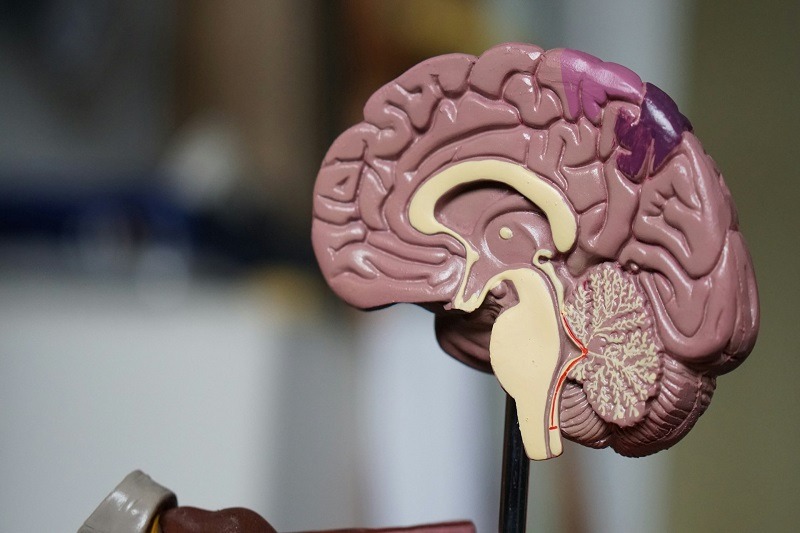Tiziana Life Sciences has entered into a product development services agreement with US contract development and manufacturing organisation (CDMO) Renaissance Lakewood aimed at improving the present formulation and enhancing the production of intranasal foralumab.

The drug is tailored to modulate the immune system and reduce neuroinflammation, which is a significant factor in the progression of Alzheimer's. Credit: Robina Weermeijer on Unsplash.
Subscribe to our email newsletter
A fully human anti-cluster of differentiation (CD3) monoclonal antibody, intranasal foralumab is tailored to modulate the immune system and reduce neuroinflammation, which is a significant factor in the progression of conditions like Alzheimer’s and multiple sclerosis.
Studies have shown its potential in regulatory T cells activation that can cross the blood-brain barrier, thereby reducing microglial activation and offering therapeutic benefits.
This partnership is set to refine the formulation and create a comprehensive plan for scaling up the drug in a nasal device.
Tiziana’s manufacturing of intranasal foralumab will be backed by Renaissance’s pharmaceutical-nasal product development and manufacturing “expertise”.
The collaboration ensures that the production meets the highest quality and regulatory standards.
This step is crucial for Tiziana’s approach to accelerate the clinical development and potential market entry of the drug.
Tiziana Life Sciences CEO Ivor Elrifi said: “Partnering with Renaissance is a significant milestone in our mission to bring intranasal foralumab to patients in need. Their proven track record in pharmaceutical manufacturing will be invaluable as we advance our clinical programs and prepare for potential market entry.”
Foralumab has demonstrated the ability to stimulate regulatory T cells when administered intranasally.
Currently, an expanded access programme has seen 10 subjects with non-active secondary progressive multiple sclerosis (na-SPMS) exhibit either improvement or disease stability within six months.
The Food and Drug Administration (FDA) has approved the inclusion of an additional 20 subjects in this programme.
Furthermore, the biological drug candidate is undergoing a randomised, placebo-controlled, multicentre, double-blind dose-ranging Phase IIa trial in patients with na-SPMS.
 Advertise With UsAdvertise on our extensive network of industry websites and newsletters.
Advertise With UsAdvertise on our extensive network of industry websites and newsletters.
 Get the PBR newsletterSign up to our free email to get all the latest PBR
news.
Get the PBR newsletterSign up to our free email to get all the latest PBR
news.

